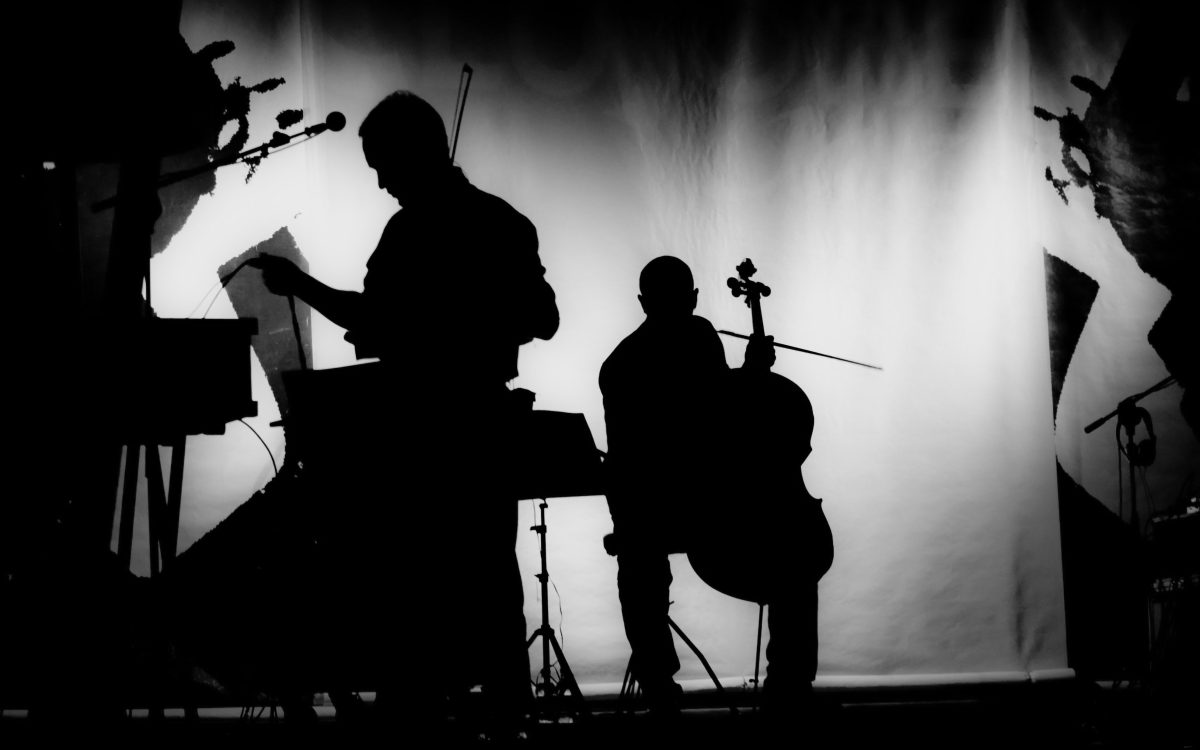Increasingly, orchestras have been teaming up with specialists and audiologists to emphasise the motto that ‘music is for everyone’.
Relaxed and accessible orchestra performances are offered as a regular component of performance seasons, including at the Adelaide Symphony Orchestra, Melbourne Symphony Orchestra and Australian Chamber Orchestra.
Recently launching their Relaxed and Family concert series earlier in the year, ASO’s Managing Director Vincent Ciccarello said: ’Relaxed performances are created with accessibility in mind, designed to make artistic experiences and spaces more welcoming and comfortable for neurodiverse audience members, anyone on the autism spectrum, and people with vision or hearing challenges, sensory and/or communication needs or learning disabilities.
‘With elements such as adjusted lighting and sound and sensory-friendly break-out spaces, many children and their families will be able to enjoy a live concert for the very first time,’ said Ciccarello.
ASO partnered with Can:Do 4Kids, a company providing vision, hearing and sensory services for children, to make sure that they get things right for the intended audience.
In these concerts, a child has the freedom to approach the conductor, make loud noises or leave the concert space to re-set in break out rooms provided if needed.
Many relaxed and accessible concerts also feature an AUSLAN presenter, adjusted seating and lighting, and a visual storybook downloadable before purchasing tickets on how to get to the venue and what to expect.
Busting barriers and assumptions to rediscover music
Taking a deeper dive into the nuances of music and audiology, Canberra Symphony Orchestra’s Rediscovering Music program reintroduces the possibility for those with hearing loss to enjoy live concerts once again.
Long established and led by CSO bassoonist and clinical audiologist Kristen Sutcliffe, Rediscovering Music aims to create a turning point for those under the impression that they can never enjoy their favourite music again.
Sutcliffe told ArtsHub: ‘When you have hearing loss and wearing hearing aids, a conchlear implant or any kind of amplification, music sounds different. These devices are designed to hear speech as clearly as possible [not music]. Some people even say that when they first got the conchlear implant they weren’t even able to identify what used to be their favourite song.’
Read: Does the arts sector need more creative therapists?
Having this understanding means that the concerts are tailored to address the different needs for those experiencing music with an implant.
Sutcliffe continued: ‘The concerts are small with one or two musicians at a time. It’s not a cacophony of sound because one thing that can be difficult [for those with hearing impairments] is if there’s too much going on at once.
‘We often work with a lot of familiar pieces so people have that aural memory to draw on and are able to enjoy that.’
The program works in partnership with Better Hearing Australia Canberra – a self help group for people with hearing loss – to better target and engage with the community.
As a paediatric audiologist, Sutcliffe pointed out that for children with hearing loss, ‘it’s more about breaking down those barriers [to enjoying music], whereas for adults it’s about rebuilding that confidence.’
These concerts are informal, with audience members welcomed to chat with the musicians during intervals and share their passion.
To able to enjoy music [for people with hearing loss] is like a door has been closed and opened again.
Kristen Sutcliffe, CSO
A growing focus with endless applications
Following the success of Rediscovering Music, CSO is now looking into programs for dementia.
In 2020, CSO worked with a psychology student to launch a pilot program to explore the impact and potential benefits of music.
CSO explained on their site: ‘Dementia affects almost half a million Australians. The disease is characterised by cognitive impairment, memory loss and impaired judgement and attention. The part of the brain responsible for music is often one of the last to be adversely affected.’
Access to live music concerts for people with dementia is limited, with recorded music or general ‘music for relaxation’ concerts more readily available.
CSO continued: ‘For some, listening through headphones or earbuds presents a technological barrier, or simply isn’t as enjoyable as a live experience. From a social perspective, these approaches sit on opposite ends of a spectrum: individualised listening on one end, without social interaction, and a highly generalised experience on the other end.’
The pilot Music and Memory program seeks to bridge this gap, and is partnered with Goodwin Aged Care to present weekly concerts for their residents by professional musicians in a social setting.
Musician and University of Canberra psychology student Heather Roche worked together with CSO in developing the methodology and presenting the concerts, starting with playing violin solos to see what music resonated the most with residents and then building a tailored playlist with pieces that were popular but also easy to remember.
Sutcliffe, who also led the pilot, told ArtsHub: ‘We know the benefits [of music] anecdotally, but trying to measure it has always been an interesting process. The Music and Memory program aimed to address that.’
Accompanying the pilot was a report that compared the participants’ symptoms before the program, at the four week mark and again at eight weeks.
Even during such a short period of time, the statistics were promising.
Roche revealed: ‘The study results showed that the music catalysed a great reduction in restlessness, insecurity, and repetitive behaviours, as well as a reduction in aggressive and inappropriate behaviour … It also indicated that the more frequent the musical intervention, the better the results.’
Sutcliffe added: ‘The impact of that pilot program was fantastic. In that particular situation you see a potential benefit of lessening medications because of the music.’
A similar study was done in 2015 in the UK by Bournemouth Symphony Orchestra, which also led to encouraging conclusions on the ‘consistently positive’ impacts of live music on dementia patients.
Having this statistical proof further strengthens the argument for funding towards these programs, as well as opening the gateway to benefit a broader spectrum of audiences, such as those with autism and other impairments.
At the base level, it presents the potential of real-life impacts that can be achieved when the arts join forces with science.
‘Now we are seeing some really interesting intersections between music, science and therapy. It really is a growing area of focus, which is exciting,’ Sutcliffe concluded.





